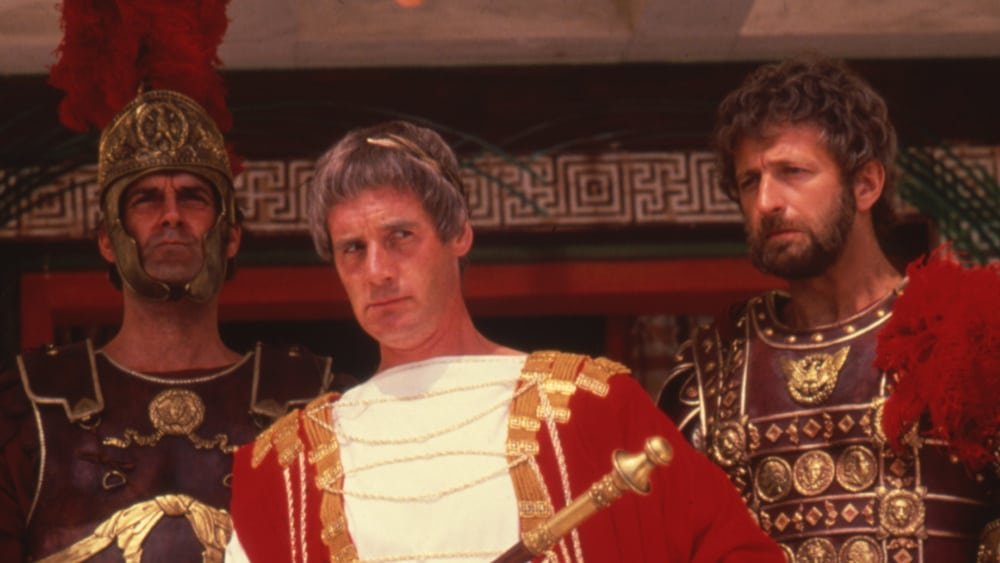The world of academia is supposed to provide the tools through which academics enlighten, develop, and improve the world. However, is that always the case?
By Kyrie Mason
In a discussion with psychologist Jordan Peterson, art critic Camille Paglia briefly mentions a woman who wrote to her describing how she had been scoffed out of a graduate education due to the prevailing politics of the time. The woman, Paglia notes, went on to paint houses somewhere in the mid-west.
I am not a teacher yet, nor am I studying at the graduate level yet. As it stands, I am not anything close to resembling an academic yet. However, from what I can observe, there is a very real and startling distance between academia and the reality of everyday life. As my time in undergraduate studies comes to an end, I can start to see the beginnings of the real work towards any sort of career in front of me. However, the basic motive that informed my potential career choice – the possibility of helping the greater world, and particularly realising the human aspect of people in it, by pursuing a broader and comprehensive understanding of the mysteries of life around us – seems to become increasingly replaced by a snide, low-resolution, and ideologically bound game of shouts and murmurs.
Paglia’s anecdote about the woman who was laughed out of graduate school has become an increasingly real fear for someone like me, a minority student holding a conservative bias, or at least a ‘classical appreciation’.
However, the deeper alternative truth that frightens me even more is that the pursuit of the contemporary academic (at least in the humanities) is no longer geared towards truth and the practical benefit of people, but hyper-specialisation within narrow fields. As American economist Thomas Sowell puts it, the contemporary intellectual is put into the position to continuously “generate ideas […] whether those ideas are right or wrong” [1]. Despite what would seem to be the almost endless onslaught of human universal issues – disease, poverty, famine, war, cruelty, and death by all means – there is instead an overwhelming degree of thought going into unconscious bias training in connection to current ideological hot topics [2] or how to fund declining humanities departments [3],and how to purify those failing departments of canonical “white supremacy” [4].

As Kierkegaard points out in Sickness unto Death, one is still in some form of “despair” even as they abstract out of basic, immediate human concerns [5]. It is in abstracting out, and falling away from any actual form of humanity that one becomes “unreal”. This is a claim supported by the political theory of Hannah Arendt and her assertion that interactions between people, and the application of our political ideas within the realm of the polis, is what is the most real, not abstract theory with little to no relevance for a human being [6]. And so, I am left in a particularly hard spot: If I want to be an academic and help people, how can I do so without pulling myself so far away from people that they – the individuals – no longer matter? How do I keep myself in the sweet spot of being personable and humanly relevant, without rejecting the very real interest I have (and faith, as well) in academic pursuits? A similar concern is raised by Carl Jung in regards to the psychologist towards the patient, in which he advises for the earnest discretion of the doctor and the abandonment of intellectually superior pride [7].
For now, however, I have no real answers to those questions in regards to my own experience, particularly due to the over-politicised climate of the times. In a time where ideological beliefs are substituted for individual moral systems, and those ideological beliefs are directly tied to political notions, no one is actually free to abstain from the chaos, and pursue humanistic interests.
Similarly, it is more than just a matter of simply re-installing a basic sense of commonality between people or neutralising the current political polarisation, as the issue points to a fundamental separation between academics, and the rest of the world. As Peterson describes in that same video with Paglia, academics seem to be “in a walled city, surrounded by several other walled cities”. As it appears, it is a set of horizontally separated worlds, each of them unable to understand or communicate with the other from their walled-off section of the world. What I can only do is hope and wish for a greater degree of personal breathing room and mutual respect between those “walled cities” of academia.
[1] Sowell, Thomas. “Intellectuals and Society.” National Review, National Review, 16 June 2010.
[2] Elsesser, Kim. “Unequal Pay, Unconscious Bias, And What To Do About It.” Forbes, Forbes Magazine, 10 Apr. 2018.
[3] Delany, Ella. “Humanities Studies Under Strain Around the Globe.” The New York Times, The New York Times, 1 Dec. 2013.
[4] Wolfe, Liz. “Reed Students Say Humanities 110 Should Not Include White or European Authors.” Reason.com, Reason, 4 May 2018.
[5] Kierkegaard, Søren. The Sickness unto Death. Pg 72 – 80. Penguin, 2008.
[6] Arendt, Hannah. The Human Condition. Chp 4, 6, 26 & 28 University of Chicago Press, 2012.
[7] Jung, Carl. Modern Man in Search of a Soul. Pg 9 – 19. Harcourt, 1933






Article Discussion